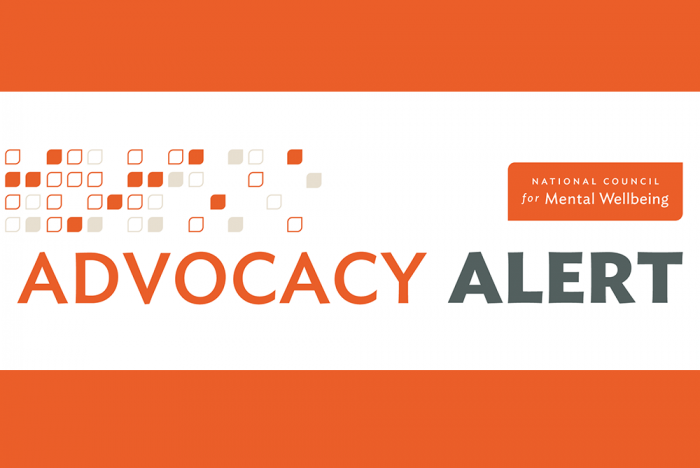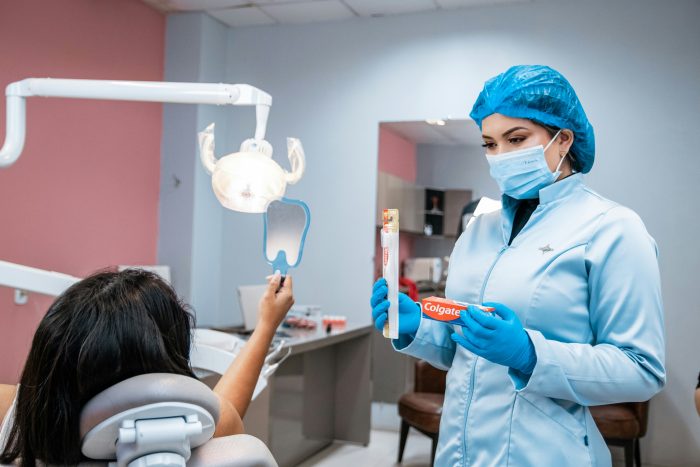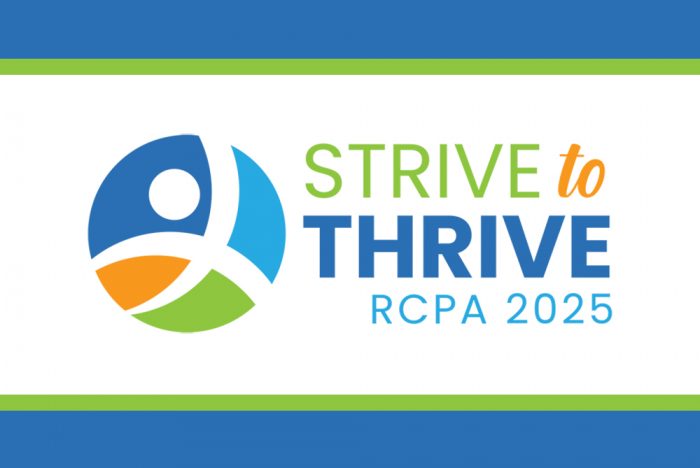The Office of Mental Health and Substance Abuse Services (OMHSAS) Bureau of Children’s Behavioral Health Services is pleased to invite stakeholders to an informational webinar. This webinar will highlight significant sections of the proposed Psychiatric Residential Treatment Facility (PRTF) regulations that received the highest number of comments during the comment period. The proposed PRTF regulations will codify the minimum licensing standards, Medical Assistance (MA) participation requirements, and payment conditions for PRTFs that provide medically necessary behavioral health treatment to children, youth, or young adults under 21 years of age with a behavioral health diagnosis.
OMHSAS has worked collaboratively with the Pennsylvania Council of Children, Youth & Family Services (PCCYFS) and RCPA in planning for the May 21, 2025, meeting. RCPA has offered limited space for those who would like to attend in-person; the in-person meeting will be held at 777 East Park Drive, Suite G-4, Harrisburg, PA 17111. Virtual attendance through TEAMS is also an option. In-person attendance is limited to 55 individuals (no more than one individual per organization). Stakeholders may register for in-person attendance by contacting Emma Sharp.
Additional information will be distributed closer to the meeting date. We hope you will join us on May 21, 2025, at 10:00 am!
Questions or comments about this webinar should be sent electronically.
Teams Meeting Information
Microsoft Teams Need help?
Join the meeting now
Meeting ID: 293 767 570 019 7
Passcode: tj393wW9
Dial in by phone
+1 267-332-8737,,333559543# United States, Philadelphia
Find a local number
Phone conference ID: 333 559 543#
Contact RCPA Policy Associate Emma Sharp for in-person registration.

















